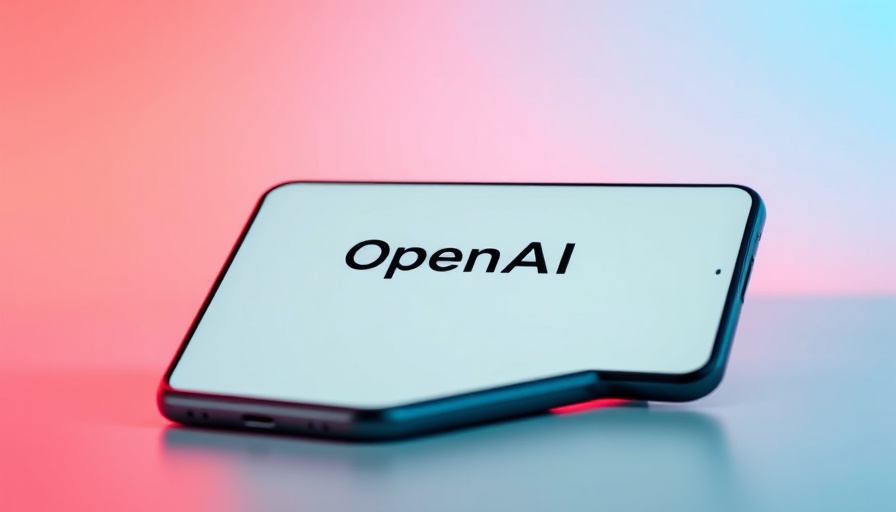
OpenAI Unveils Tools to Build Advanced AI Agents: The Future of Automation
In a groundbreaking move, OpenAI has launched new tools designed to simplify the creation of advanced AI agents, impacting how developers and businesses automate tasks and streamline workflows. The launch of the Responses API and the Agents SDK significantly advances the potential for creating robust, reliable AI systems capable of performing complex operations.
The Rise of Agentic AI: What Does It Mean?
With the release of these tools, OpenAI is pushing the boundaries of agentic AI, which refers to systems that act autonomously to accomplish tasks on behalf of users. These agents can handle the kind of multi-step reasoning and interactions that traditional programs struggle with. The integration of advanced reasoning and multimodal capabilities into AI systems has set the stage for creating highly effective agents.
Breaking Down the New Tools: Responses API
The new Responses API combines the best features of previous interfaces, such as the Chat Completions API and the Assistants API, into a singular, more flexible tool. This API opens up a range of built-in tools, including web and file search capabilities, which allow developers to create applications that can access real-time information and vast datasets effortlessly. Developers can now incorporate functions like web searches directly within their applications, providing up-to-date information while reducing the complexity usually associated with using multiple APIs.
Elevating Development with the Agents SDK
The introduction of the Agents SDK further facilitates the creation of AI agents by enabling easy orchestration of multi-agent workflows. This kit simplifies the configuration and management of agent functionalities, allowing developers to create robust applications quickly. With the capability to include safety checks, intelligent handoffs, and execution tracing, developers can build and debug agents more effectively, addressing the challenges of traditional software development.
Web and File Search: Elevating Automation
Among the standout features of the new tools is the enhanced web search that allows for immediate access to current information, along with a file search tool to dig through large volumes of documents. This empowers businesses to increase productivity by reducing information silos and streamlining workflows. For example, companies can leverage these tools to automate customer support inquiries or conduct extensive market research much more efficiently than before.
The Computer Use Tool: A Game Changer?
The computer use tool promises to automate routine tasks by allowing AI systems to interact with software and systems as if they were human users. Although it's still in preview, its potential applications could revolutionize industries forced to handle repetitive tasks such as data entry or complex software operations. This innovation points towards a future where the boundaries between human input and AI efficiency blur, raising both possibilities and ethical questions about autonomy.
The Industry Impact: What Lies Ahead?
As developers and businesses adopt these tools, we can expect a significant evolution in how AI agents are utilized across various sectors. From retail to healthcare, AI agents could take over duties involving data processing, customer interactions, and project management, allowing human workers to focus on more strategic activities. However, the effective integration of these systems will require careful consideration of existing workflows and employee roles to ensure a seamless transition.
Challenges and Considerations for Developers
While the new tools offer exciting capabilities, they also come with challenges, namely the transition from older APIs like the Assistants API which will sunset soon. Developers will need to adapt their systems to leverage the Responses API. This adjustment period may create initial hurdles, such as additional coding efforts, which some may find daunting as they grapple with existing workloads.
What's Next for OpenAI?
OpenAI's commitment to enhancing the capabilities of AI agents signifies a strong dedication to helping developers navigate and implement these technologies effectively. By creating a more intuitive platform for building autonomous systems, OpenAI aims to facilitate the growth of intelligent digital workers across industries.
Are you ready to explore the emerging landscape of AI agents? Discover how you can leverage these new tools in your own projects and possibly transform your operational workflows drastically. As we move into an era where AI can autonomously perform tasks, staying informed will be essential.
 Add Row
Add Row  Add
Add 




 Add Row
Add Row  Add
Add 

Write A Comment